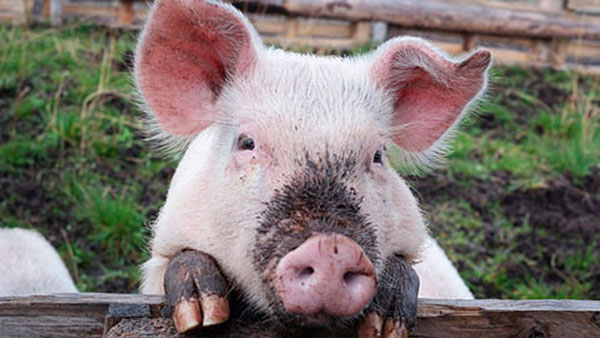FDA approves genetically modified pigs for research

The approval is restricted to the University of Washington for a small number of pigs.
Washington State University (WSU) received U.S. Food and Drug Administration (FDA) authorization to have gene-edited pigs for human consumption. Gene-editing can make changes in an organism’s DNA that could occur in nature or through selective breeding but would take much longer without a tool like CRISPR.

The FDA authorization is investigational, and limited to five particular pigs, but shows that gene-editing livestock to quickly produce desirable traits for improved food production is a viable strategy for helping feed the planet’s growing population. The pigs were 2 years old and were slaughtered at the University's laboratory.
The pigs were originally gene-edited in a way that would enable researchers to use them to sire offspring with traits from another male pig. Known as surrogate sires, this technology first gene-edits male animals to be sterile by knocking out a gene called NANOS2 that is specific to male fertility. These animals can then be implanted with another male’s stem cells that create sperm with that male’s desired traits to be passed on to the next generation.
The surrogate sires’ progeny, which are themselves not gene-edited, have not yet been reviewed by the FDA for possible inclusion in the food chain. Securing the investigational approval for these five pigs required clearing a few hurdles.
SOURCE: meatinfo by materials pig333.com